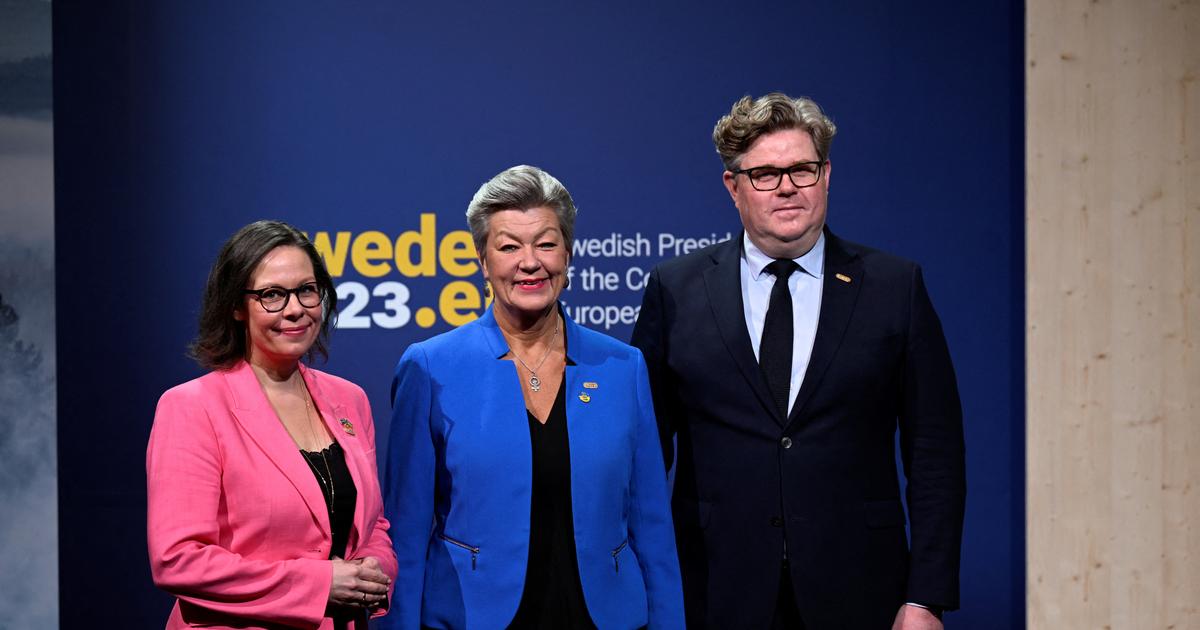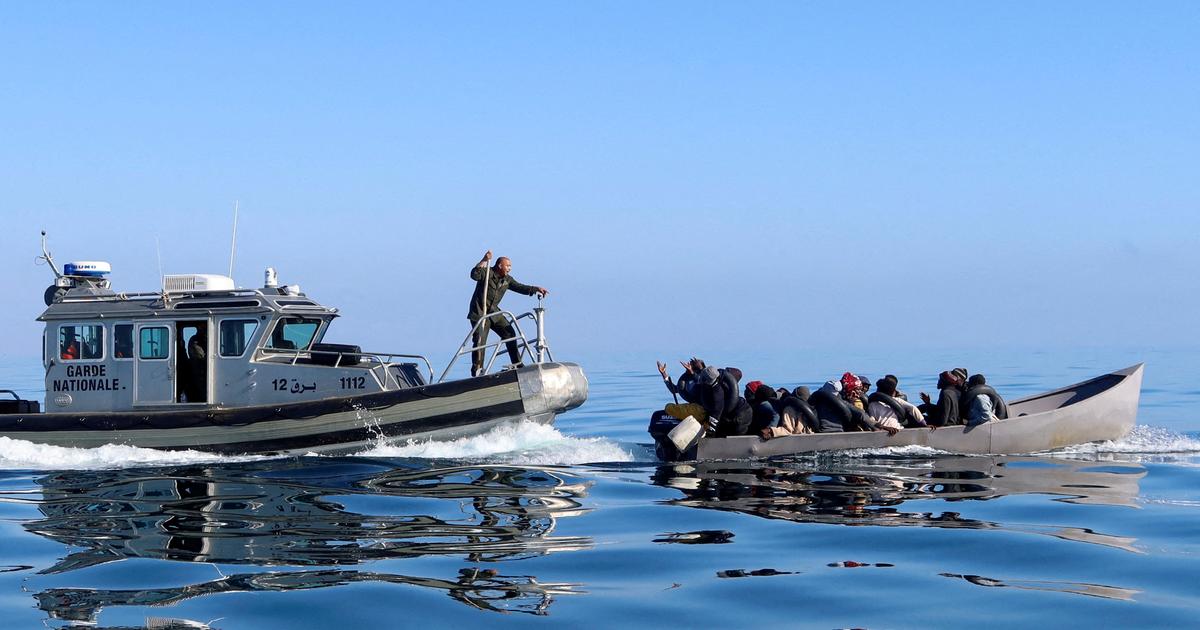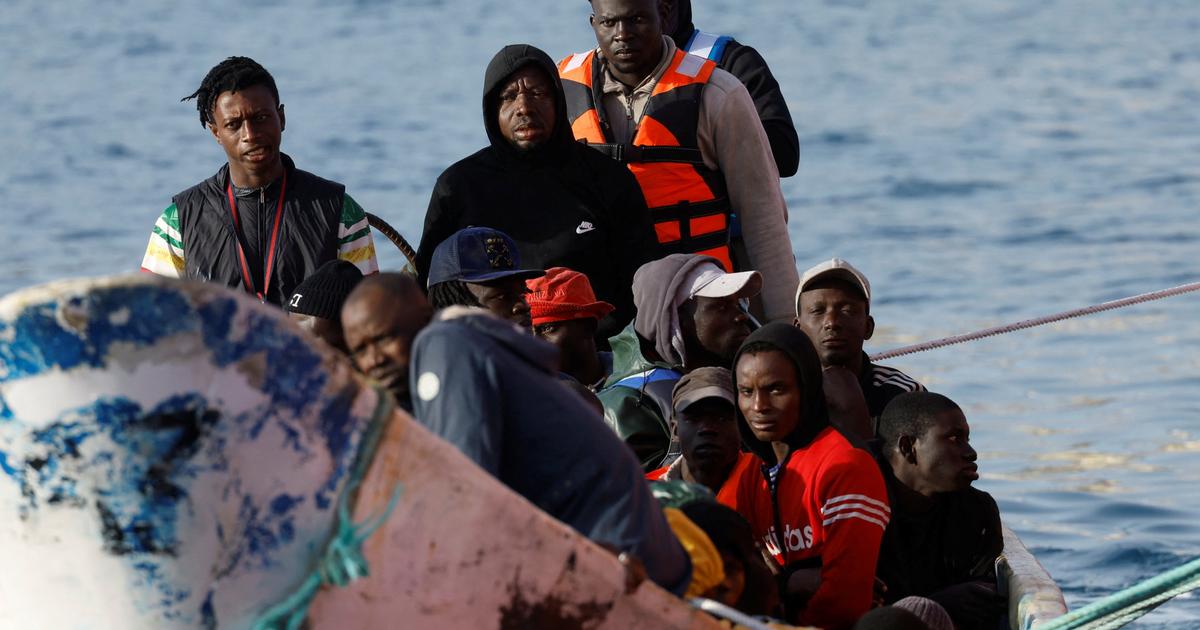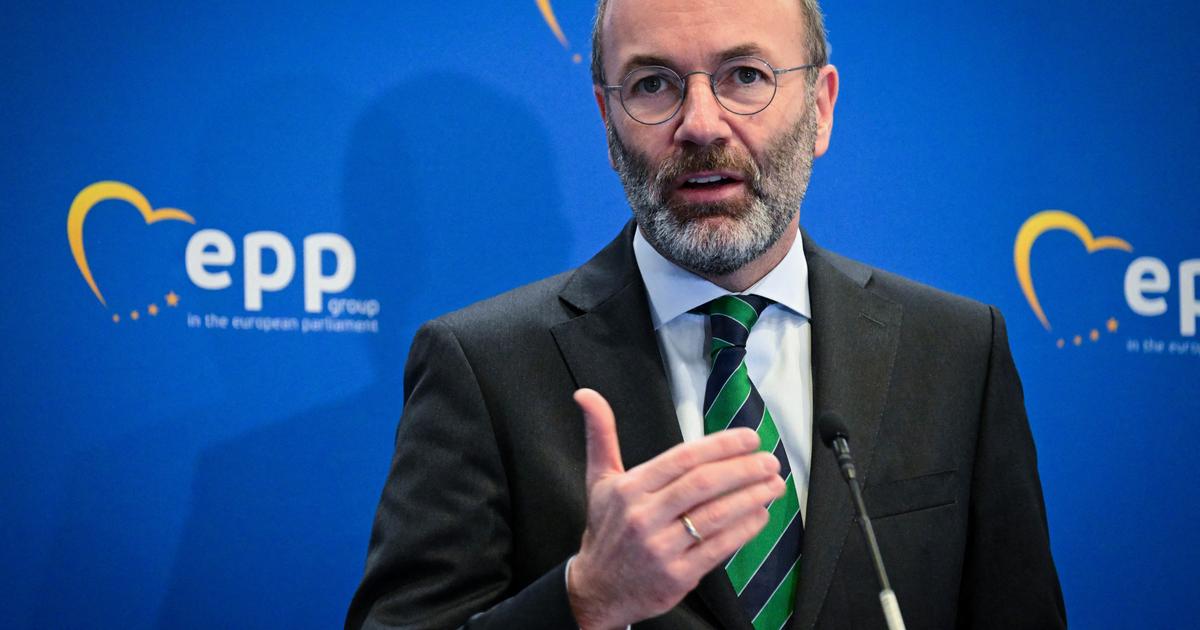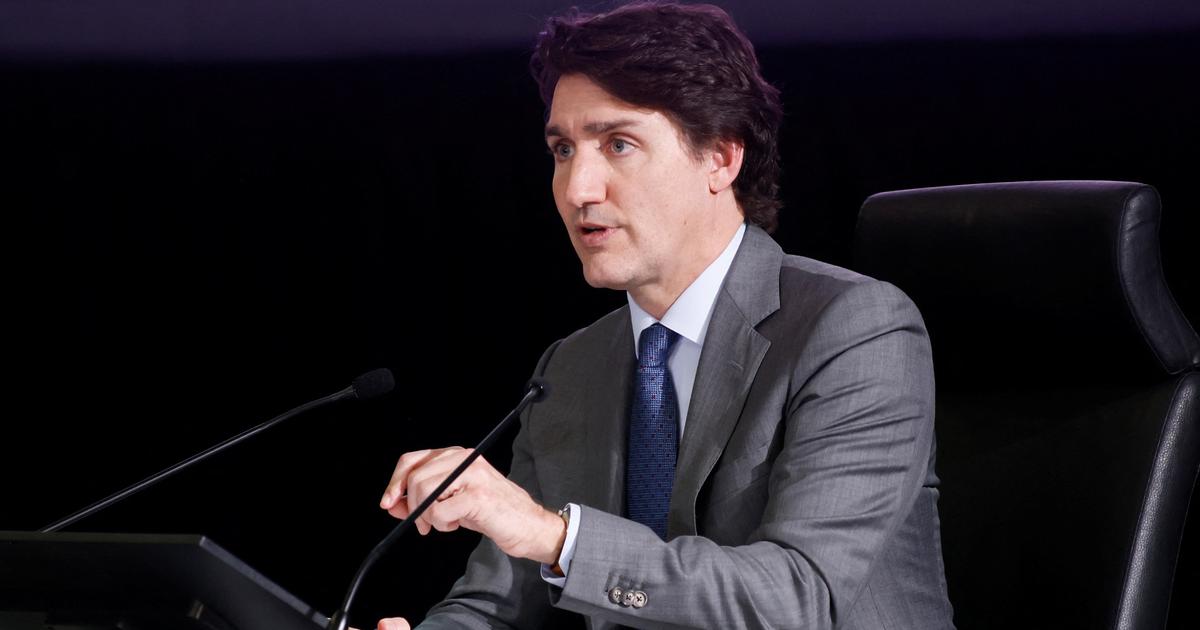European interior ministers are meeting this Thursday, January 26 in Stockholm to discuss ways to increase the return of irregular migrants to their countries of origin, in particular by further restricting the issuance of visas to nationals of countries "
not cooperatives
”.
"
We see irregular arrivals increasing... Sending those who are denied asylum back to Europe is a very important issue
," said Sweden's Minister for Migration, Maria Malmer Stenergard, whose country holds the presidency. semi-annual meeting of the Council of the EU.
21% effective returns
Of the approximately 340,500 "
return
" decisions issued in 2021 in European countries, 21% were actually implemented, according to Eurostat data cited by the Commission.
“
We have a very low return rate.
We can make progress to increase their number and make them faster
,” commented EU Home Affairs Commissioner Ylva Johansson, arriving at the meeting.
Read alsoIs the return of illegal immigrants by charter prohibited “under pressure from the European Union”?
For the Swedish Presidency of the Council of the EU, “
one of the main reasons behind this low rate is the lack of cooperation from third countries.
At European level, a mechanism to use visas as a lever to get third countries to take back their nationals entered into force in 2020.
Exploiting the right to the Schengen area
Currently only one country, Gambia, is subject to an EU sanction for "
lack of cooperation
": the conditions for granting a visa for the Schengen area to nationals of this country have been tightened and rights increased to 120 euros (against 80 on average).
The Swedish Presidency “
considers that it is crucial to exploit the full potential of this mechanism, and that there are certain third countries for which measures could be taken quickly to improve the current insufficient level of cooperation
”.
Read alsoSchengen enlargement: “The EU cannot continue to ignore the Balkans”
The Commission had also proposed in 2021 restrictive measures against Iraq and Bangladesh.
Commissioner Johansson, who visited Dhaka in November, said the threat of sanctions prompted Bangladesh to cooperate.
The authorities of this country are now "
politically open to taking back all their nationals
", she assured at a press conference on January 19.
EU Heads of State and Government called in December 2021 to use “
all relevant European tools, including development aid, trade and visas
” as “
levers
” in migration.

